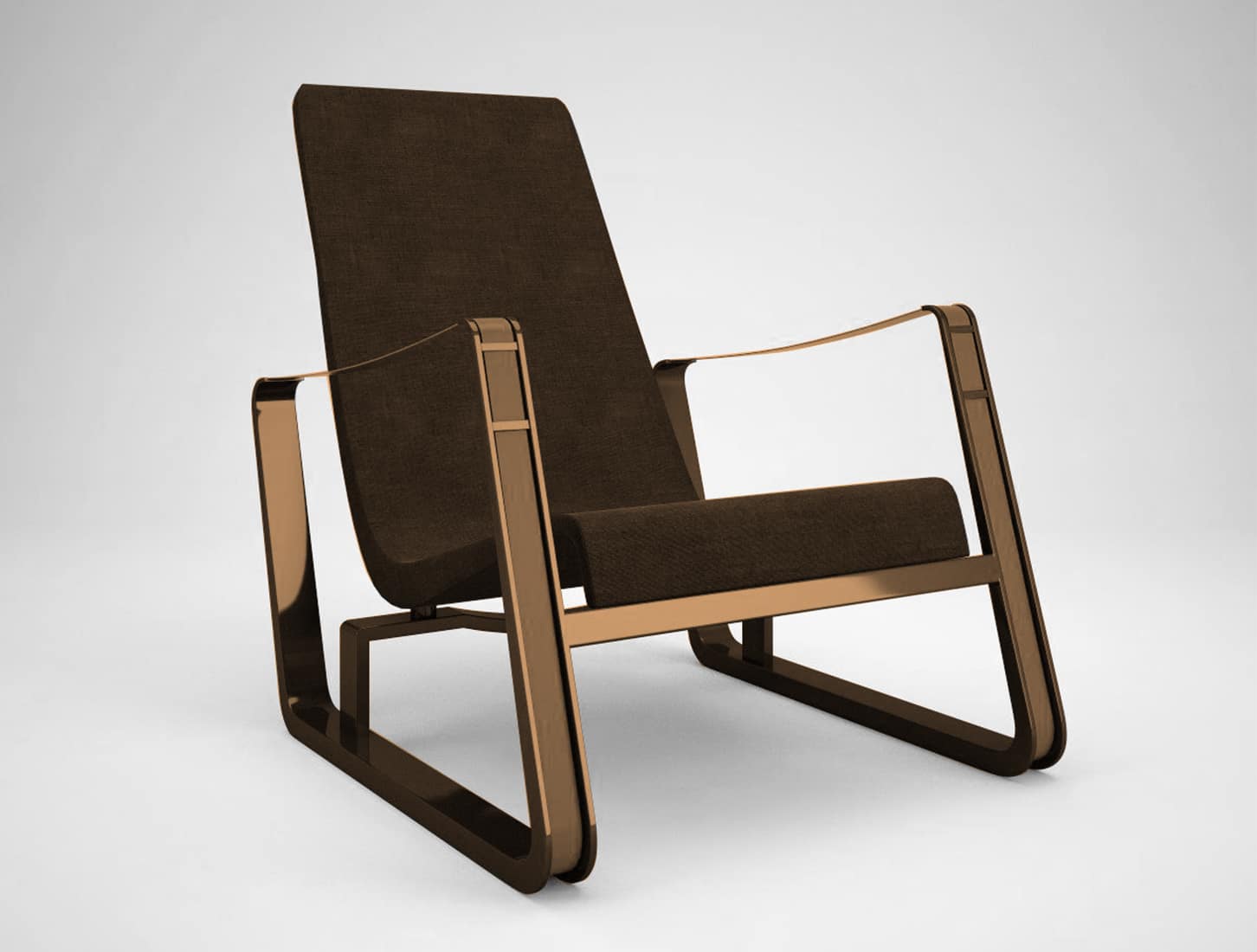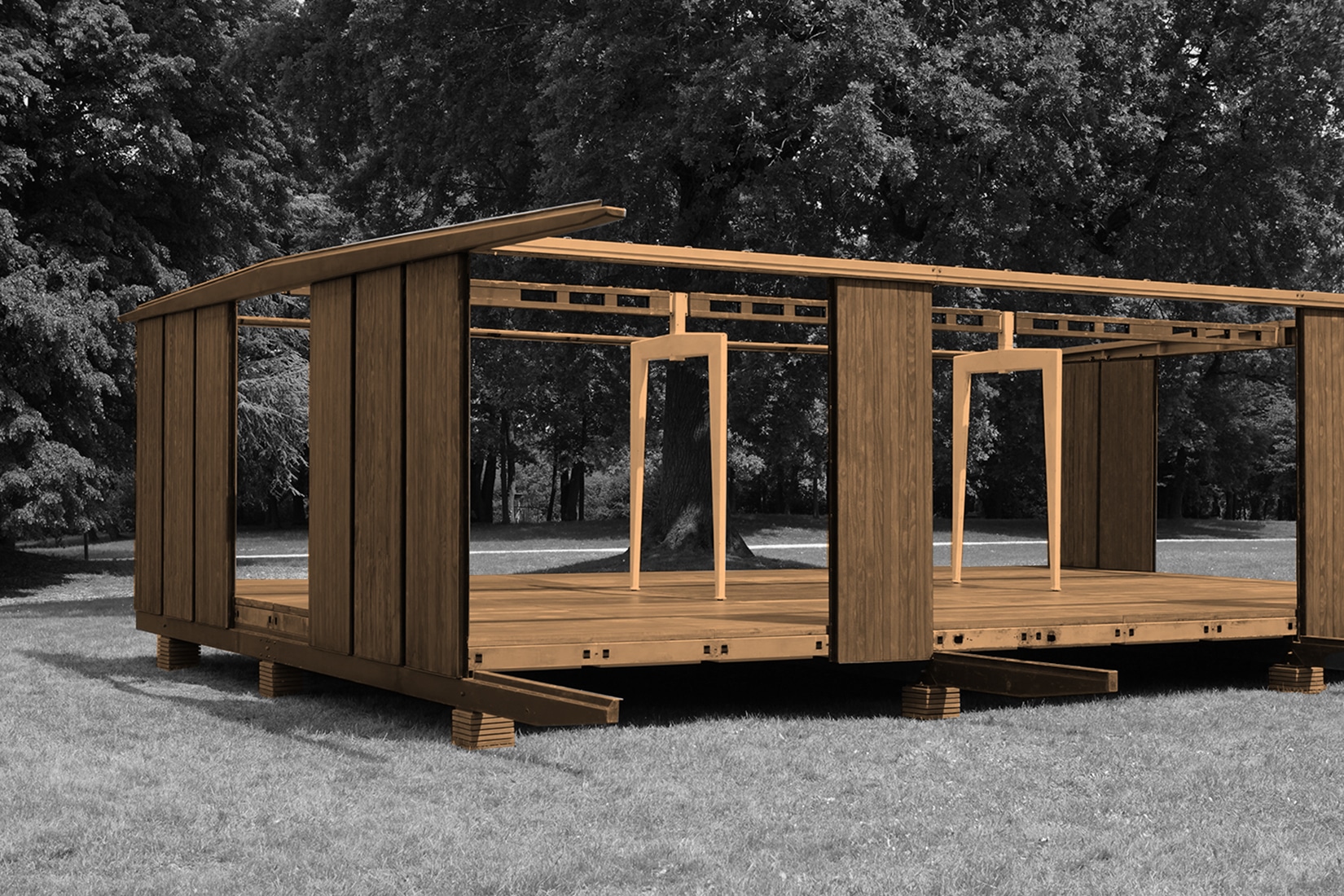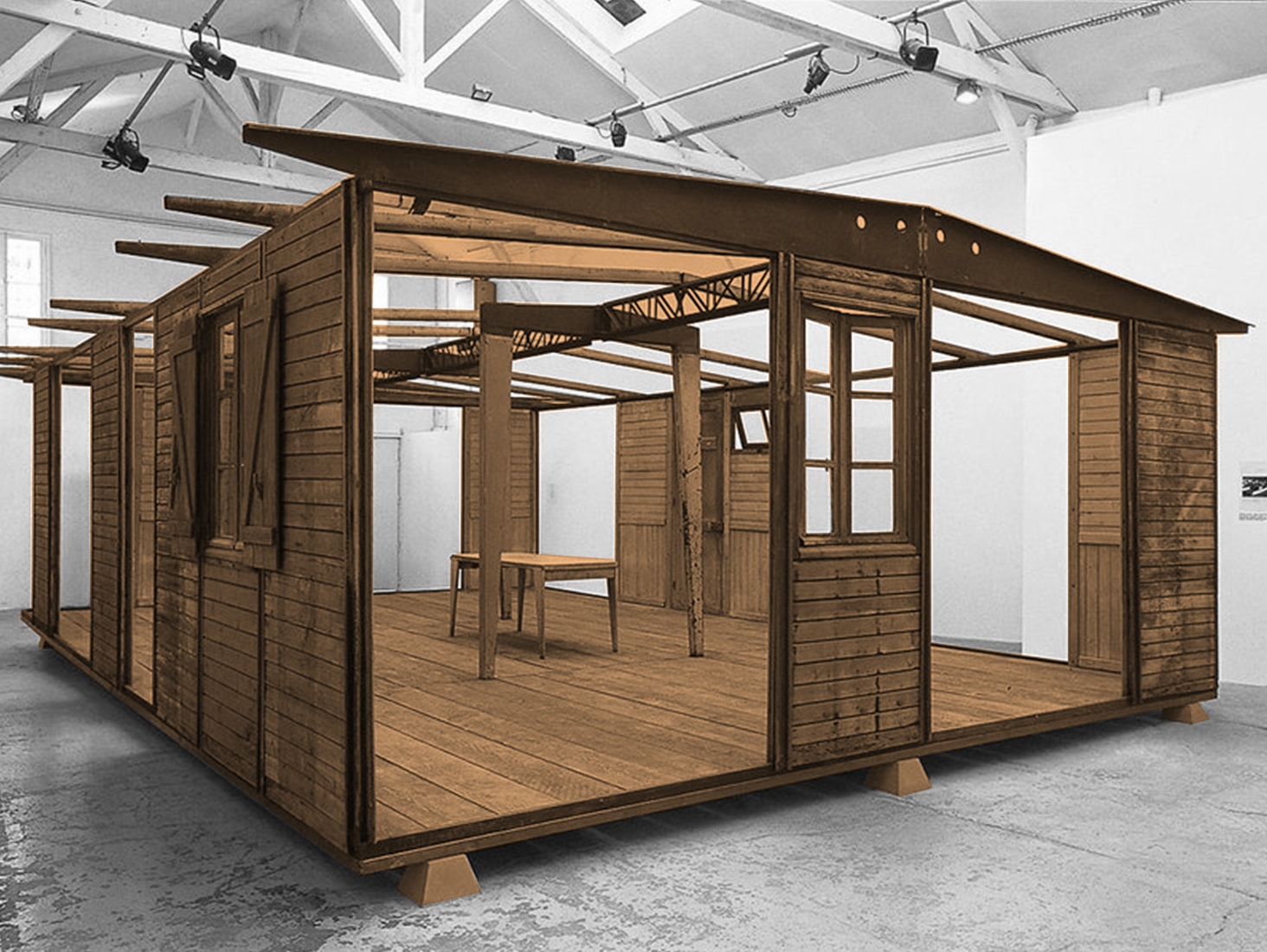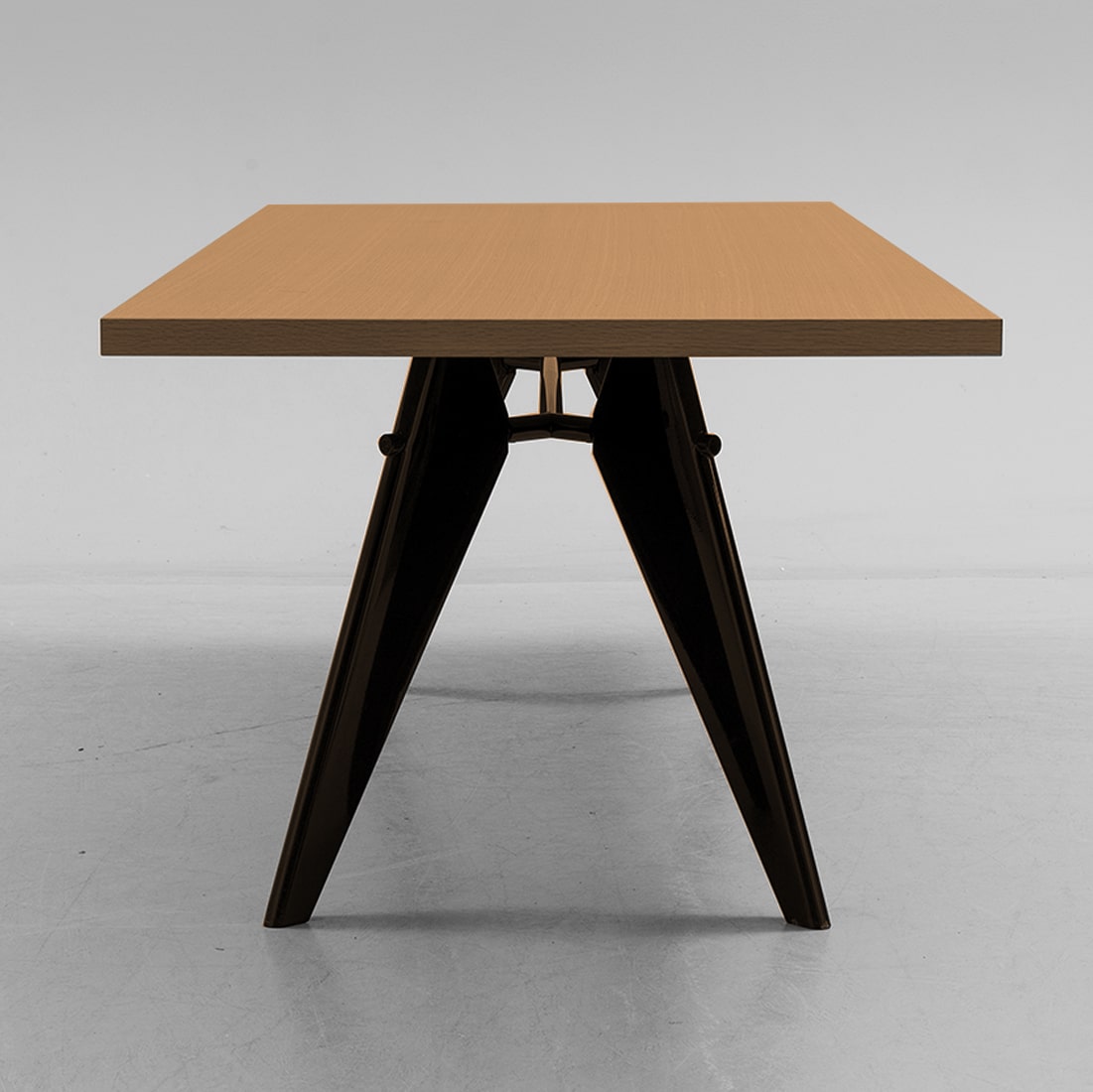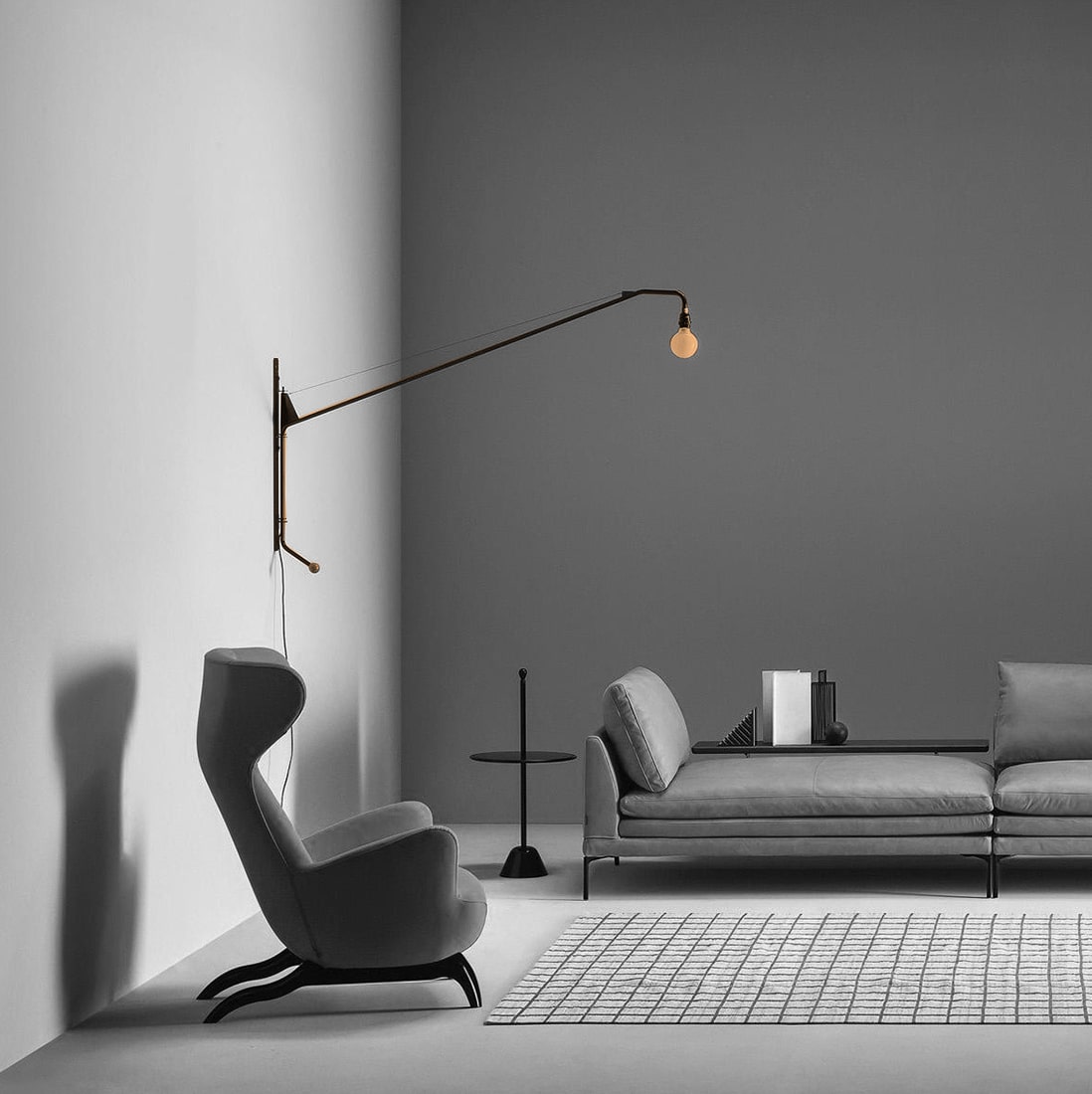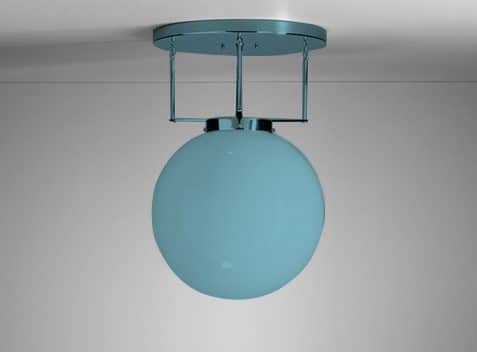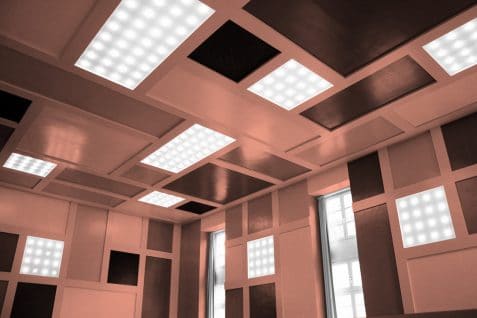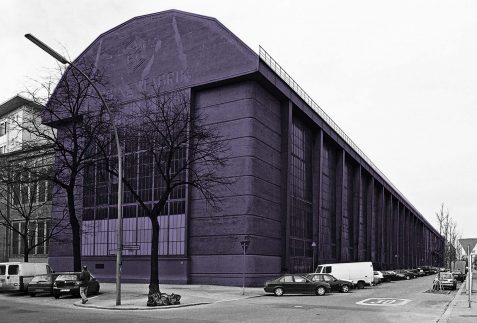INTERIOR
An architect for industry #Jean Prouvé
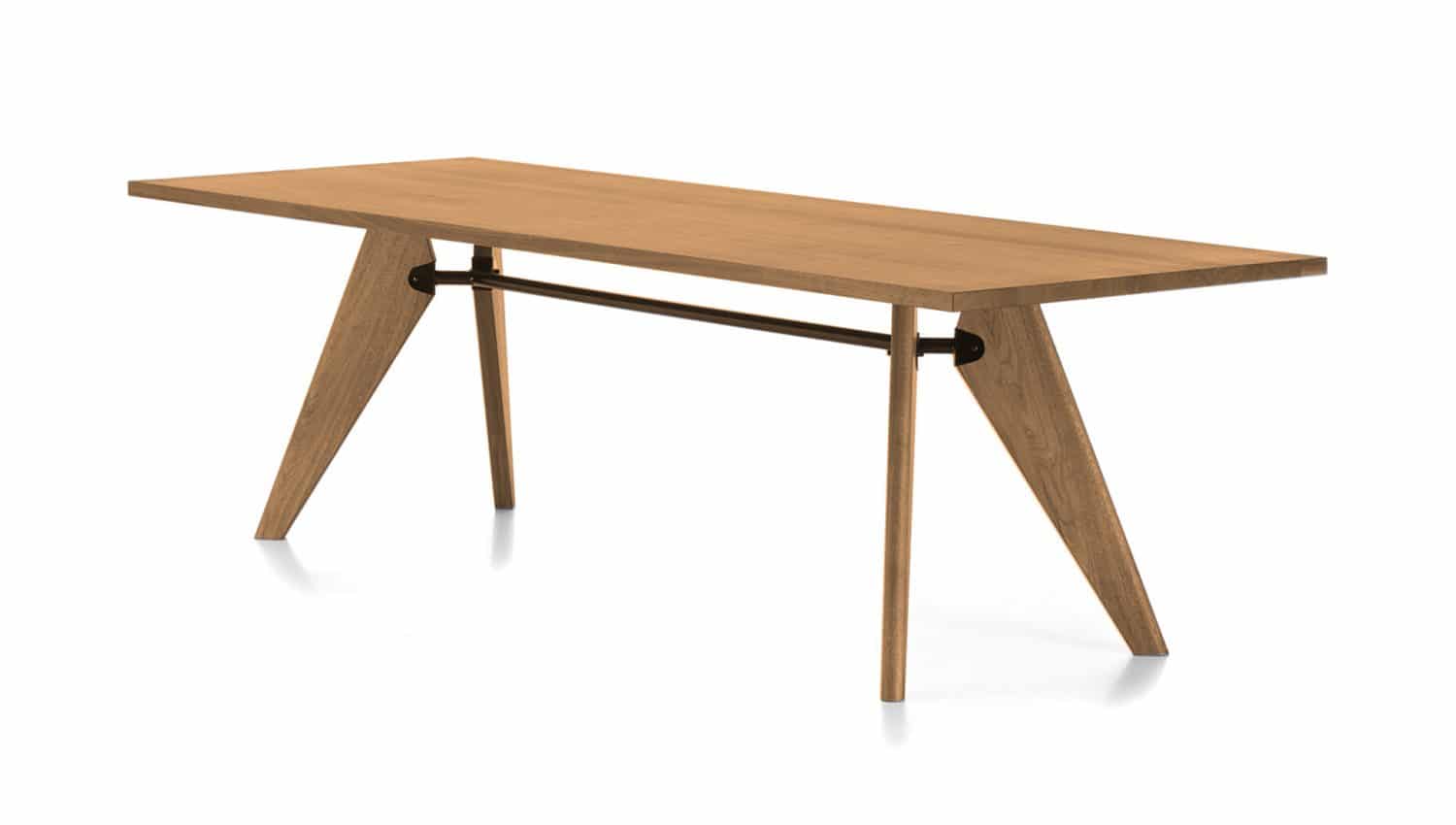
Nicknamed by Le Corbusier the “engineer-architect”, Jean Prouvé was trained as a metal craftsman and devoted most of his efforts as a designer to achieve mass production of both pieces of furniture and housing modules with the aim of making Architecture and design accessible to everyone. For this reason, the furniture he designed was intended for public buildings, such as the Cité series, designed for student dormitories in the University City of Nancy, while his research on housing was aimed at producing industrialized solutions, such as barracks for military or emergency housing units.
There is no difference in construction between a piece of furniture and a houseJean Prouvé
Jean Prouvé always designed at the foot of the workshop, while working metal personally. In this way, both in the furniture and in the houses by Jean Prouvé, the imprint of the construction process becomes an indispensable part of the final result. In his workshop he combined research, prototype development and construction. The new structural forms that were developed in the workshop were applied both to the scale of the architecture and to the scale of the furniture, as shown by the parallelism between the legs of the tables he designed for his workshop in Nancy in 1945 and the interior arcaded structure of disassemblable houses for refugees from World War II.
The Tropical Aluminum houses represent a version of these houses adapted to African climatic conditions. The EM table, designed for this project too, reproduces with its central bar on the diagonal legs, the same structural type as the house. In the tropical house mounted in Brazzaville, Congo, it is the Potence lamp, a simple bulb connected to the end of a metal rod anchored in the wall that perfectly reflects the industrial and direct aesthetics of Prouvé.
